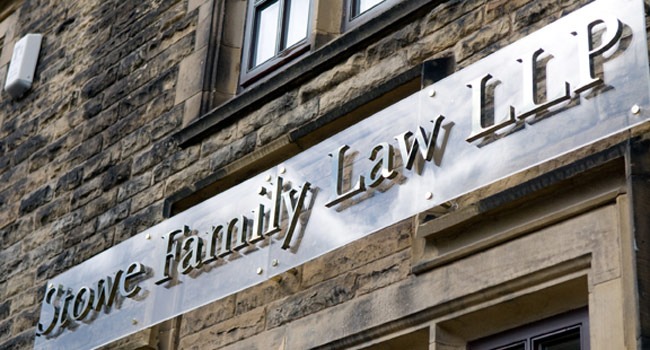Article supplied by Stowe Family Law LLP
Stowe Family Law has three offices in Yorkshire, with expert family lawyers in Harrogate, Leeds and Wetherby providing specialist legal advice.
Divorce is rarely easy. The end of a marriage is fraught with all kinds of emotional turmoil and upheaval. Feeling overwhelmed is rather common and it can sometimes be difficult to know how to begin the next phase of your life.
The most important thing to remember is that there is no time limit when it comes to dealing with the emotional fallout. Everyone reacts differently.
What you should focus on first are the practicalities. These include making decisions about where you are going to live, who is going to get what in terms of property and what the arrangements will be for any children you have.
It is vital to consider these questions as soon as possible, as the settlement you end up with could have a major influence on your life for a long time to come. This is especially true if you earn less than your soon-to-be former spouse.
One thing you may not have considered is the tax implications of your divorce. Did you know that the date you formally separate from your spouse can have an impact on how much tax you pay?
Specifically it can affect your capital gains tax. This is taken from any profits you make by selling assets which have increased in value, such as real estate. Transactions between a married couple are not effected by capital gains tax (as the couple is regarded as a single unit for tax purposes), but what happens if the couple separate?
The tax exemption for married couples actually expires at the end of the tax year in which the couple separates, not, as you may imagine, when the divorce is finalised.
The current tax year began on April 6, so any couple who separates between then and April 5 2016 will remain exempt from capital gains tax. It doesn’t matter precisely when in that time they split, the cut-off date remains the same.
So you would be wise to officially separate earlier in the tax year. This extra time to transfer assets tax-free could save you a lot of money.
That said, don’t rush into anything. The best thing you can do if you’re worried about the finances and assets at the end of your marriage is seek informed legal and financial advice.







